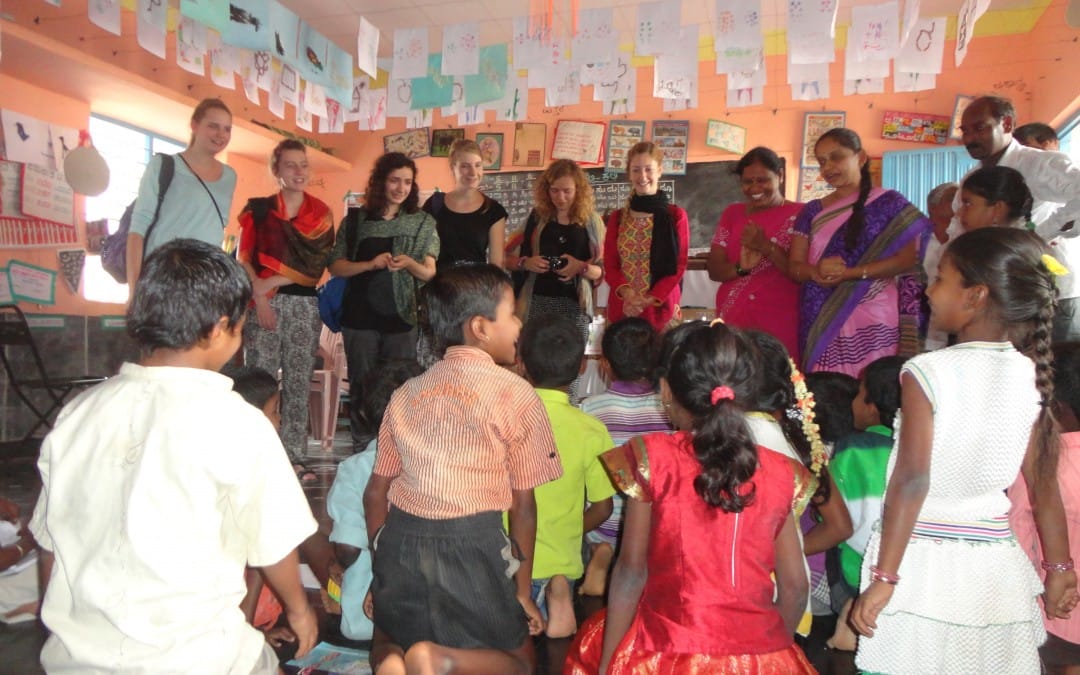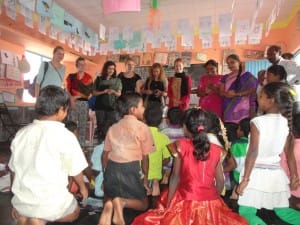![How quality health care services is possible for all?]()
by iphindia | Dec 28, 2011 | Blog
Just want to share some of my feelings/observations during my two weeks visits to these hospitals for my parent’s treatment:
| Sl.No | Karnataka Institute of Diabetology | St.John’s Medical College Hospital |
| 1 | Well management of crowded patient | Very crowded but well managed |
| 2 | Minimum charges | |
| 3 | Very cooperative and well behavior | Cooperative & well behavior by staff |
| 4 | Good procedure for keeping patient record | Good procedure for keeping patient record |
| 5 | Good team work | |
| 6 | Integrated health care with minimum expenses | |
| 7 | Adequate number of attendants play very important role in managing crowded patients and in guiding them. | Adequate number of attendants/ security man play very important role in managing crowded patients and in guiding them. |
| 8 | Adequate patient waiting facility | Adequate patient waiting facility |
| 9 | Good toilet facility | Good toilet facility |
| 10 | Good cleanliness by non-clinical staff | Good cleanliness by non-clinical staff |
| 11 | Good drinking water facility | Good drinking water facility |
| 12 | Max limit of OPD registration is 108 only | Limited OPD registration (Registration is allowed till 12:00 noon) |
| 13 | Focusing more on providing quality care by limiting OPD | Focusing more on providing quality care by limiting OPD |

Now I have some questions:
- Poor village people also have the right to avail at least these basic health services in their villages. Why cannot they?
- It requires some additional manpower, orientation & finance? Does not govt. has this much resources?
- How universal health care is possible, with these vast differences in private & public hospital?
- Can’t private and public institution work together for to strengthen the health facilities in rural areas?
by iphindia | Dec 8, 2011 | Publications
Lifestyle modifications through a range of health care practices are considered central to the management, control and prevention of chronic non-communicable diseases. While there is a critical perspective on the epistemologies of such global health discourses in existing literature, empirical evidence on how people engage with such prescriptive lifestyle modifications in different cultural contexts is very limited. The paper in this context draws on illness narratives of heart patients to discuss about the anxiety and uncertainty expressed by patients and others about notions of what constitutes ‘healthy’ and ‘risky’. It specifically unpacks the global-local dynamics in the construction of risk and healthy lifestyle and examines the contexts in which such global discourses are embodied, resisted or negotiated in different cultural contexts. The paper also examines how global health discourses travel to local sites through popular press. The paper draws on evidence collected through analyzing two Indian national English dailies and in-depth interviews with heart patients and their family members in Delhi, India in 2007-2008.
Download pdf

by iphindia | Aug 2, 2011 | Education, Internship, Latest Updates

The Institute of public health hosted a group of 10 Maastricht University students on an Exposure visit to India program.
The students were participants of the Honours International program at Maastricht university.
The 3 week program from July 11 – July 28 2011 focused on exposing the students to the health system of the country.
The program was directed to equip students with better skills, knowledge and practices about inter country public health sceneries with special focus on the differences between multiple health care systems and also the regional and cultural perspectives.The prime component of the program were exposure to field visits. The students were also provided with theoretical framework/background to link the observations made in the field, much better.
The main topics covered under the program were health care system in India, social determinants of health, communicable and non communicable diseases, child and maternal health care in India, health service organisation, community health and health care financing in India.
by iphindia | Jul 14, 2011 | Education, Latest Updates, Publications
Report conceived by Swasthya Karnataka (SK). Prepared by N. Devadasan and Prashanth NS from Institute of Public Health, Bengaluru under the guidance of Swasthya Karnataka team consisting of Centre for Global Health Research, Bengaluru (CGHR), and Centre for Leadership and Management in Public Services, Bengaluru (C-LAMPS), Karuna Trust, Bengaluru (KT), Institute of Health Management Research, Bengaluru (IHMR) and Institute of Public Health, Bengaluru (IPH). Report also draws from a draft report of Study of transparency, accountability, and corruption in health care and health system in Tumkur district prepared by CGHR in collaboration with KT in 2009
Download Pdf
by iphindia | Jun 9, 2011 | Latest Updates, Publications, Research
Devadasan R, Devadasan N. Health care for indigenous people: a need for positive discrimination. Christian Medical Journal of India. 1996; 11 (4): 11-12.
Download pdf





